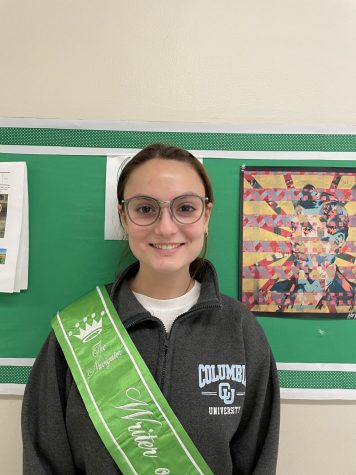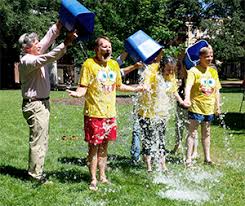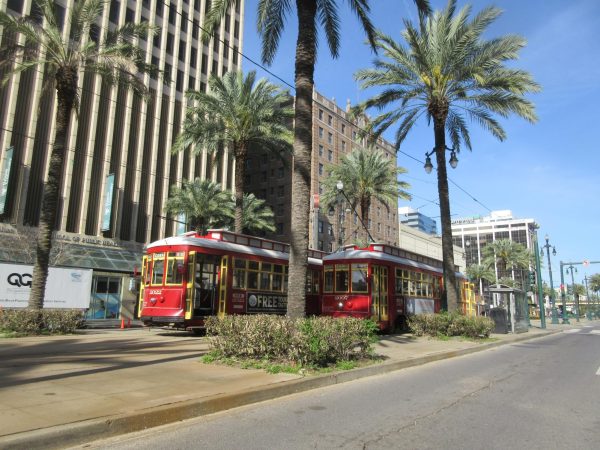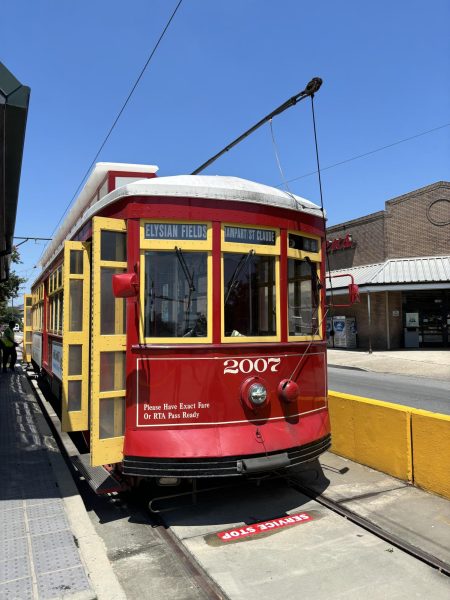You Should Hobby More
Cute smart cartoon brain in glasses reading a book. Vector flat illustration isolated on white background
Over the past semester, I have been in a positive psychology class through Global Online Academy. Our final project was to research a topic relating to positive psychology and create a catalyst presentation on it, which would be shown to students all over the world (Global Online Academy is… well, global).
I chose to research the impact of hobbies on the mental well-being of high school students. A hobby is “a pursuit outside of one’s regular occupation engaged in especially for relaxation.” [Merriam Webster]. Why should you care? High schoolers are busy people: school work, athletics, hobbies, leisure – you name it. How do we balance this? What deserves more attention? Sometimes, hobbies are overlooked or brushed aside; however, that should not be the case at all.
Hobbies positively impact high school students’ mental well-being. First, it boosts overall self-esteem and confidence. It feels good to know that you are good at something, and it also makes you want to do it more. Second, certain hobbies can foster a sense of community. People love being in a community, so hobbies are a way to insert yourself into one. Third, it reduces stress. Studies have been done that show that after doing an art-related activity, participants’ cortisol (the human stress hormone) levels were lowered.
There is also significant neuroscience behind why hobbies are good for us. When we do activities that are pleasurable, such as hobbies, our brain releases chemical messengers – such as dopamine – which make us feel pleasure. These chemical messengers make us want to do the hobby again because we begin to crave the release of “happy chemicals” like dopamine. It makes us do the hobby more often, and ultimately we are likely to form a habit of doing this hobby. Additionally, studies in 2020 quarantine show that hobbies help prevent anhedonia. Anhedonia is losing interest in things once found pleasurable – a very common symptom of depression. If you’re receiving dopamine from genuinely pleasurable hobbies, you are less likely to get anhedonia. Hobby-ing has also been linked to lower levels of depression, so researchers can see a correlation.
Hobbies have even been used as a non-medical treatment for depression, also known as social prescribing. Because antidepressants do not always work on patients with mild depression, social prescribing is something a doctor may turn to. Doctors can literally prescribe hobby-ing as a medicine. So far, research has shown that socially prescribed hobby-ing is an effective strategy to assist with depression for some!
I also conducted a survey within our high school. 62 students (freshmen – seniors) participated. 57 (91.9%) report having a hobby. 50 (83%) of the 57 report doing their hobby either everyday or most days. For those who said they could not do hobbies everyday, school work, athletics/exercise, and not always feeling like it were the main reasons behind this. About 66.7% of participants spend between 1-3 hours a day on their hobbies. My two final questions were a 1-5 scale questionnaire. The two questions were “how do you feel mentally during the day before engaging in your hobby? (1 – awful, 5 – amazing) and “how do you feel mentally after engaging in your hobby?” (1 – awful, 5 – amazing). 49 participants feel better after their hobby, 10 feel the same, and 1 feels worse (sorry! If you’re reading this, reach out for hobby advice). While my sample size is small, it does correlate with other results found in other studies.
Ultimately, hobbies are beneficial for the mental well-being of high school students. My survey, and many others, have led to prove this conclusion as true. As a society trying to raise healthy teenagers, we need to place more emphasis on the importance of hobbies for one’s mental well-being. Hobbies are visibly improving teenagers’ mental well-being, along with arising passion, hard work, and lowering depression rates.









